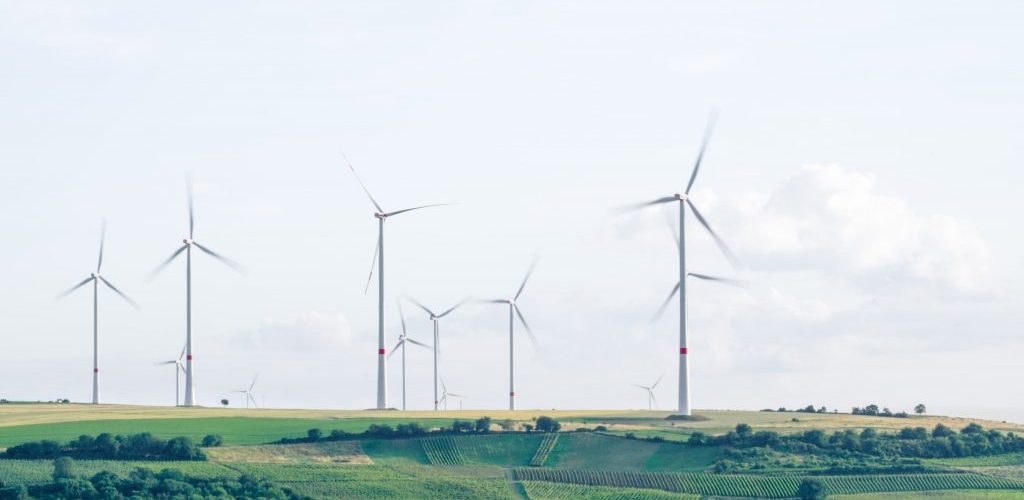At this year’s Republic Day Parade on 26th January in New Delhi, the Ministry of New and Renewable Energy (MSRE) tableaux showcased India’s evolving clean energy landscape.
On the tableaux, there were four rotating wind turbines placed at the back underscoring the transformation that wind energy has brought to India’s clean energy mission.
As of January 2025, India’s non-fossil fuel energy capacity has reached 217.62 GW with wind energy contributing 48.16 GW of installed capacity. Over the years, the government has launched various schemes aimed at promoting renewable energy, enhancing grid stability, and reducing carbon emissions.
For India’s wind energy sector, the government launched the Centralized Data Collection and Coordination (CCDC) Wind Initiative in June 2020.

The CCDC Wind Initiative aims to advance India’s wind energy development by improving wind resource assessment through accurate data collection and research. The initiative provides valuable insights for project developers, helping them identify the most promising locations for wind energy projects.
CCDC supports the efficient implementation of large-scale wind energy projects and encourages investments in the wind sector. The Government, through the National Institute of Wind Energy (NIWE), has installed over 800 wind-monitoring stations all over the country and issued wind potential maps at 50m, 80m and 100m above ground level.
The Centralized Data Collection and Coordination (CCDC) Wind Initiative has the country to achieve significant growth in wind energy capacity, from 1.86 GW in March 2004 and 21.04 GW in December 2014 to 48.16 GW in January 2025, reflecting the initiative’s impact.
It has also enhanced wind resource mapping and has contributed to the successful identification of over 50 potential wind energy sites nationwide. Further, it has contributed to the development of over 10 GW of new wind energy capacity from 2020-2024, increasing India’s wind energy capacity by 30%.
In 2024, the Indian government approved a Rs. 7453 crore Viability Gap Funding (VGF) scheme to set up India’s first offshore wind energy projects.
The scheme includes Rs. 6,853 crores for 1 GW of offshore wind capacity (500 MW each off the coasts of Gujarat and Tamil Nadu) and Rs. 600 crores for port upgrades to support logistics for these projects.
As the country strives to achieve its 500 GW non-fossil target by 2030, India’s wind energy will play a key role.






Add comment